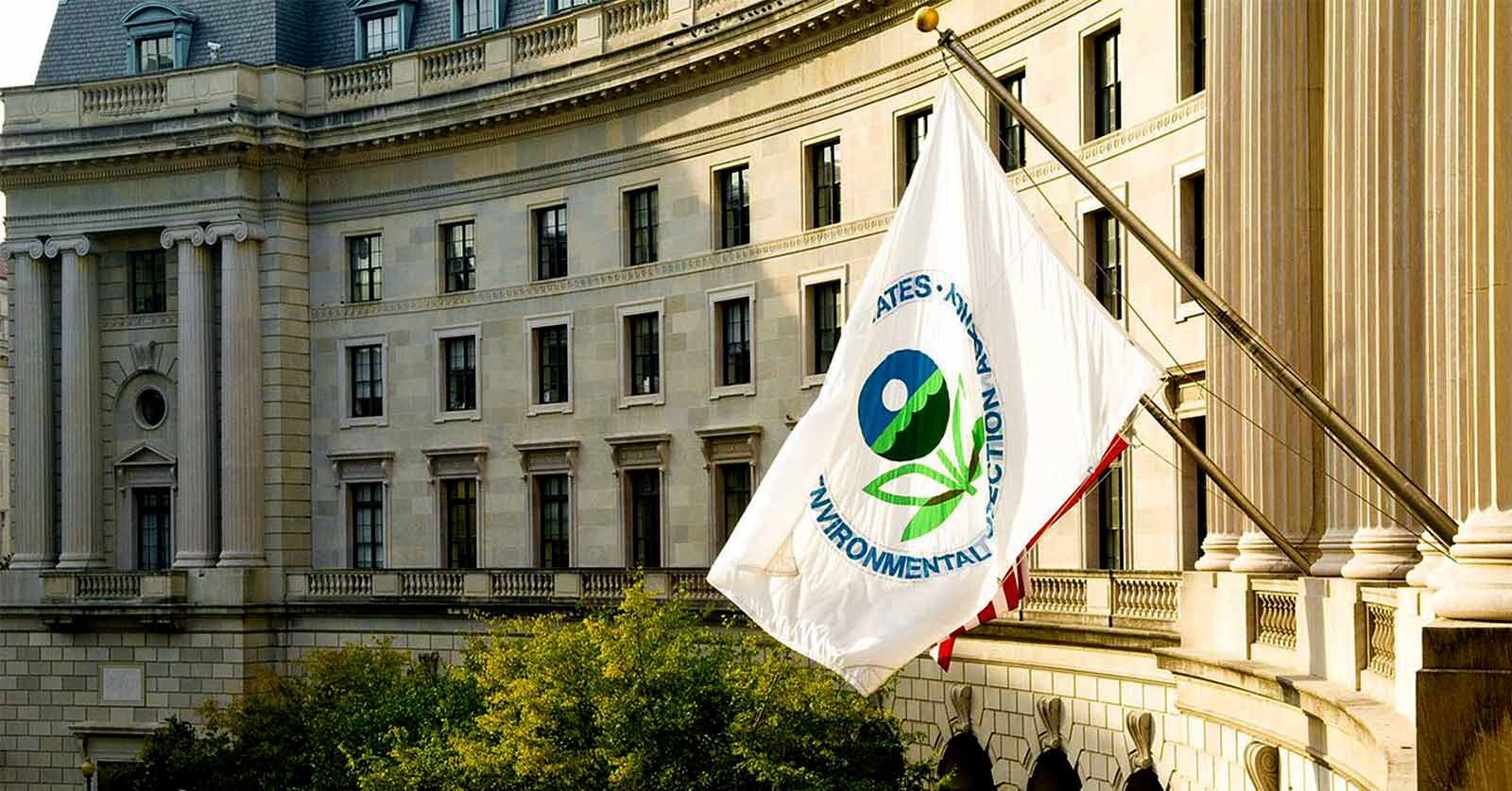Taxpayers for Common Sense sent the following joint letter to Chairman Neal and Ranking Member Brady of the Ways and Means Committee, June 19, 2019, urging an end to wasteful tax extenders. Read it below.
June 19, 2019
Chairman Richard E. Neal Ranking Member Kevin Brady
Ways and Means Committee Ways and Means Committee
U.S. House of Representatives U.S. House of Representatives
1102 Longworth House Office Bldg 1139 Longworth House Office Bldg
Washington, D.C. 20515 Washington, D.C. 20515
Dear Chairman Neal, Ranking Member Brady, and Members of the Committee:
Taxpayers for Common Sense is a national non-partisan budget watchdog that has been working on behalf of the nation’s taxpayers since 1995. We have long opposed “temporary” carve-outs, known as tax “extenders,” because they benefit special interests at the expense of taxpayers. We testified against this practice before the committee in 2018. This year’s package – the Taxpayer Certainty and Disaster Tax Relief Act of 2019 – is no better, and in many ways, is even worse than past extenders bills since it would provide a 3-year extension for many wasteful tax breaks.
While we support regular order and consideration of these types of bills in committee instead of attaching them at the last minute to fast-tracked legislation, the committee should reject the package.
Many of the tax provisions in the bill are “extended” retroactively to their expiration at the end of 2017. In addition to raising necessary revenue, tax policy is also about affecting individual and corporate actions. Retroactive extensions can’t encourage economic behavior, desired or not, because activity cannot be encouraged if it already happened. Retroactive extensions are outright giveaways for nothing in return.
The tax extenders in the bill cover many unrelated topics that we have opposed for years including tax breaks for NASCAR track owners (one company that owns several, also owns NASCAR) as well as TV, film, and theatrical production. However, the bulk of extenders are energy related. By far the largest cost would be for biodiesel, but we oppose other tax credits as well – including those for biomass, cellulosic biofuel, fuel cells, plug-in vehicles, and alternative fuel vehicle refueling property (i.e., ethanol blender pumps), among others. We have documented that biofuel subsidies distort energy markets, hurt consumers, increase water pollution, and greenhouse gas emissions.
The cost of these various provisions is “paid for” by a dubious unrelated tax offset: reducing the estate tax exemption from the current $10 million back down to $5 million for 2023, 2024, and 2025. Promised future revenue raisers to offset current costs are a costly mirage that too often vanishes without the promised revenue.
Rather than propping up certain industries at the expense of others, we urge you to finally end the wasteful tax extenders process and pursue the true comprehensive tax reform that taxpayers were promised in 2017, but did not receive.
Sincerely,
Ryan Alexander
President, Taxpayers for Common Sense














Get Social